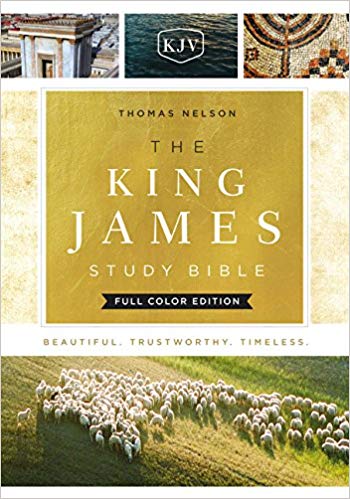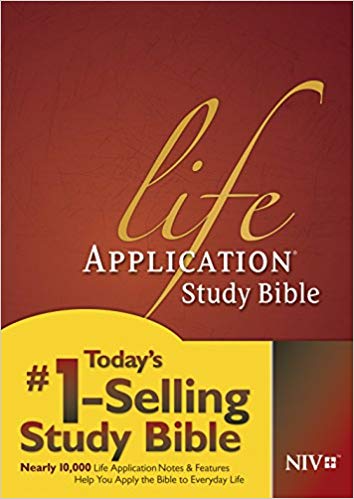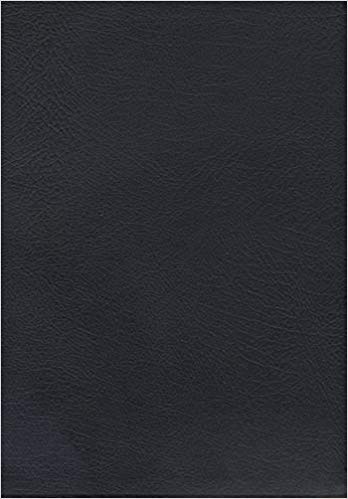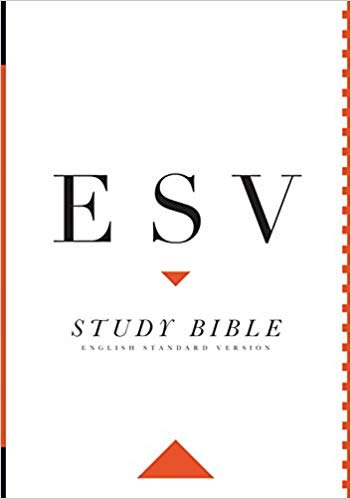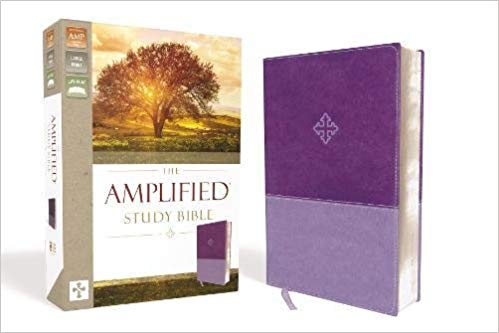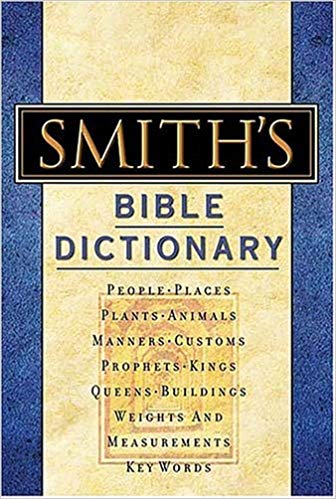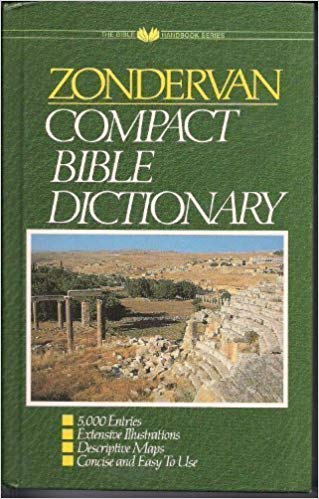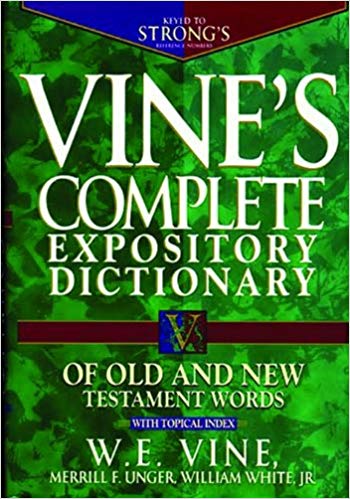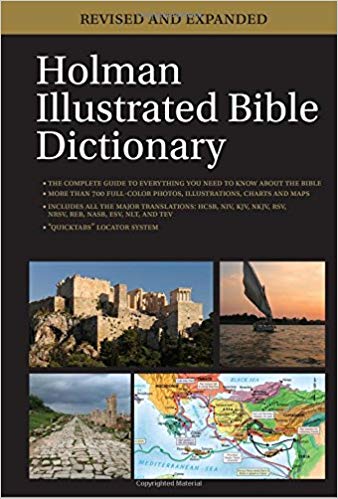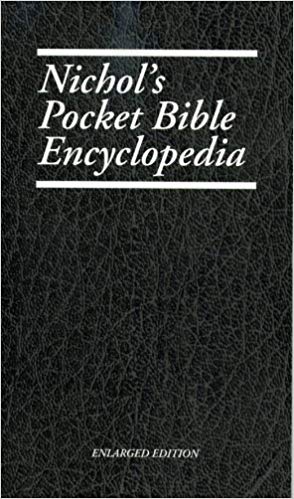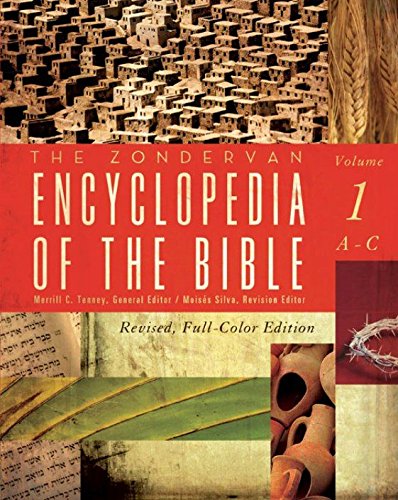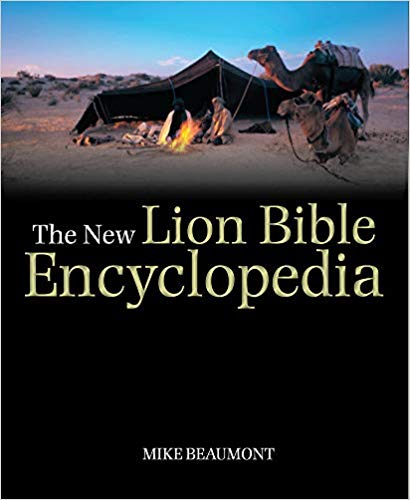Bible study is an integral part of the Christian life. All believers are expected to spend time reading and studying the Scriptures, in order to better follow the precepts revealed therein. With the quantity of Bible study methods available, everyone can find a method that offers the best results for their learning style.
The book synthesis method is a companion to two other methods – the book survey and the chapter analysis. The best way to use them together is to do the book survey first, followed by the chapter analysis, and finishing with the book synthesis. Assuming you are starting the book synthesis method after doing the other two, you will want to have your notes from them available while you do this study.
The term analysis refers to taking apart a thing and examining it down to the smallest parts. In contrast, synthesis refers to putting it all together, in order to see how it fits as a whole. It gives a sort of bird’s eye view of the content.
There are some tools you will need for this study, beside the notes from other studies if you have them. You will need a Bible in your preferred translation (and possibly several other translations, if you like), a Bible dictionary, a Bible encyclopedia, Bible handbooks (such as Halley’s or Unger’s), Old Testament surveys and New Testament surveys. You will also want a notebook or binder with paper, and something to write with.
Start by praying for understanding and God’s voice through the reading. Read the book again, several times, in the same way you did when you did the book survey. Each time you read through it, be sure that you can read through the entire thing in one sitting. This helps to get an overall feel of the book, along with the specifics that have already been noted.
Read in a translation with which you are comfortable, for understanding and ease of reading. Ignore the chapter and verse separations during this whole-book reading time. Use this time to focus on the book itself, and avoid other books, commentaries, and such resources until after you have made your own determinations. Do not be afraid to use a pen, pencil, or highlighter to mark words or verses or make notes in the margins. If you prefer not to write in the Bible, keep your notebook handy for these things that stand out.
In your notebook, write out a detailed, comprehensive outline. Use the outline you created during the book survey and the summaries from the chapter analysis to fill out this outline. Using these as you read through the book again should allow you to finalize the outline.
Choose an original book title based on the content. Make it short but descriptive of the text contained within. Use as few words as possible. Try to keep in under twenty words. Write this in your notebook.
Summarize the insights you have noted during your reading. Make a note of minor themes as well as major themes, and also conclusions that may have been discovered during previous studies. Wait to look at commentaries until you have arrived at understanding for yourself. Anything new that occurs to you during these added readings should be included in your notes, outline, and conclusions. Try to write down at least five things that you learned or were reminded of but have forgotten.
Write down personal applications. Consider previous applications you have discovered in this or previous studies and make plans for working on them as soon as possible. If you have completed all previously written applications, find some new ones on which you can work to implement in your daily life. Christians are meant to be doers of the word, and not hearers only.
Jesus told us that believers are to obey God’s word and teach it to others. Therefore, share what you have learned. One of the best ways to retain learned information is to share it with others. This also reinforces understanding, as it is often required to be clearer in teaching a concept than to understand it. Finding how to put it into words that others can understand can encourage a deeper understanding in one’s own mind. Additionally, in the process of sharing what you have learned, you may learn other, related things that your fellow Christian has learned in his or her own studies.
Meditate on the Scriptures you have studied and the lessons that you have learned from them. This is what feeds the soul, so it is a crucial part of Bible study. All the writing down in the world will not get the word into your spirit and soul if you avoid meditating on it. Bathe your meditation time in prayer and use your God-given imagination to visualize the lessons and how you are expected to respond to them.
Some useful resources can be found in the list below.
One study Bible, or more if desired, is an absolute necessity for Bible study. After all, one cannot study what one does not have. These are five of the most popular translations of the Bible available, each in a study Bible format, which has cross-references, and usually a brief dictionary and concordance in the back.
- KJV: The King James Study Bible
- NIV: Life Application Study Bible
- NASB: MacArthur Study Bible
- ESV: Study Bible
- Amplified: The Amplified Study Bible
A Bible dictionary will assist with word meanings, as well as other Bible-specific topics and concepts. There have been several put together by scholars and theologians. These are some of the more popular dictionaries available.
- Smith’s: Smith’s Bible Dictionary
- Zondervan Compact: Compact Bible Dictionary
- Unger’s: The New Unger’s Bible Dictionary
- Vine’s: Vine’s Complete Expository Dictionary
- Holman Illustrated: Holman Illustrated Bible Dictionary
A Bible encyclopedia is similar to a dictionary, but focuses more on places, people, and objects than the dictionary does. These usually have illustrations to aid in comprehension. While a full size encyclopedia would be easier to use at home, there are also compact versions and electronic versions available for use.
- Nichol’s Pocket: Nichol’s Pocket Bible Encyclopedia
- Zondervan (Full-Color, Kindle): The Zondervan Encyclopedia of the Bible
- New Lion: The New Lion Bible Encyclopedia


